Congratulations on getting your puppy neutered! Now, let’s look at how we care for your neutered dog after their surgery.
This is an important step in ensuring we tackle the overall number of unwanted pets by promoting responsible breeding and restricting the number of “oops” litters with a really simple neuter procedure. While the procedure itself is relatively simple, the recovery process can be a bit more involved. In this post, we’ll go over some important tips and advice for caring for your puppy after they’ve been neutered, so you can help make their recovery as smooth and comfortable as possible.
Neuter surgeries are normal routine for pretty much every vet, and they’re the best way to prevent unwanted breeding – for sure! It’s a good idea to discuss with your regular veterinarian what should happen post surgery, but just in case it’s a good idea to have back up info as after your dog’s neuter surgery, the relief of seeing your pet again can mean that you can miss some of the proper care instructions your vet might give you – luckily – I’ve got you covered.
It’s also good to note that neutering applies to female dogs too! Neutering is the gender neutral term, technically.
What happens on the day of surgery is information you can find here, but what happens when they come home and in the next couple of days is what we’ll be covering here.
Your dog will still have hormones
First, you gotta remember that your dog will still have hormones* in their system for two to four weeks after the surgical procedure, so girls will still smell interesting, boys will still have more of the sexual urges. Undesirable behaviors that are sexual in nature will decrease after this time, it won’t be the next day or the time of surgery, but it will come.
* Of course this depends on whether your dog undergoes a traditional gonadectomy (the traditional neuter), or other options.
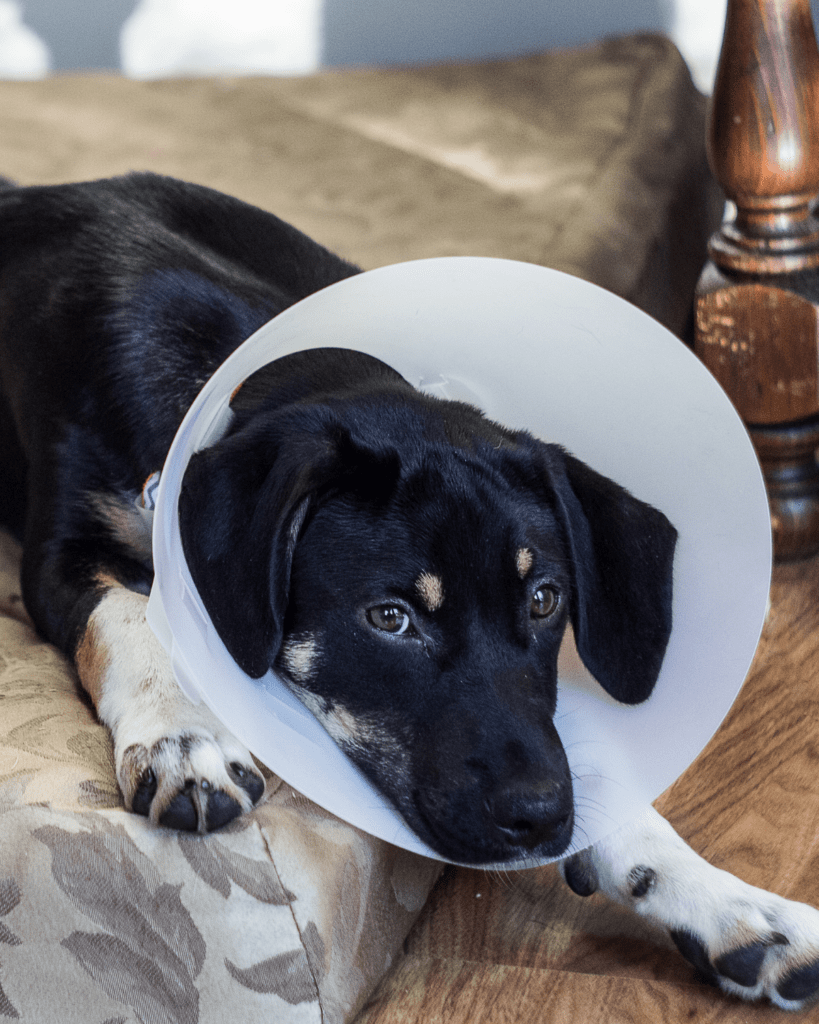
1 – You May Notice Decreased Appetite
After surgery, it is common for dogs, including puppies, to have a decreased appetite. Pain and discomfort are the most common reasons why dogs won’t eat after surgery. The surgery site may be sore, and the dog may be reluctant to move or eat.
In addition, the side effects of general anaesthesia can cause nausea and vomiting, making it difficult for the dog to keep food down.
Medications prescribed after surgery can also cause a lack of appetite. The stress and inflammation from the surgery can also play a role in reducing the puppy’s appetite.
It is not recommended to feed the puppy for the first few hours after surgery, as they may choke due to their nausea. If the puppy does not seem to want to eat much, offering some bland food such as rice or pasta cooked, some bone broth or little boiled chicken may help.
Don’t be tempted to give table scraps or other people food, I always find that my bone broth recipe overcomes any nausea from pain relief.
2 – Give Medication As Prescribed
During the recovery period after your dog has been neutered, it is important to administer proper medication to aid in their healing process. It is recommended to consult with your veterinarian regarding the medication and dosage to be given to your dog.
Your vet may prescribe pain medication to alleviate any discomfort your pet may be experiencing, as well as antibiotics to prevent infection.
It is important to follow your vet’s instructions regarding medication and any other post-surgery care instructions to ensure the best possible outcome for your furry friend.
However, if your dog is showing signs of pain e.g.
- whining,
- licking,
- inability to settle,
- swelling of the incision site,
- puss
- bad smells.
Then it might be best to return to your vet and discuss additional medication or a change of medication, or possible post-surgical complications.
Remember: Our dogs tend to be great at hiding pain, so sometimes it may not be obvious. Knowing your dog’s normal will help you to see out of place behavior. Luckily, there is no need for long-term pain medication.
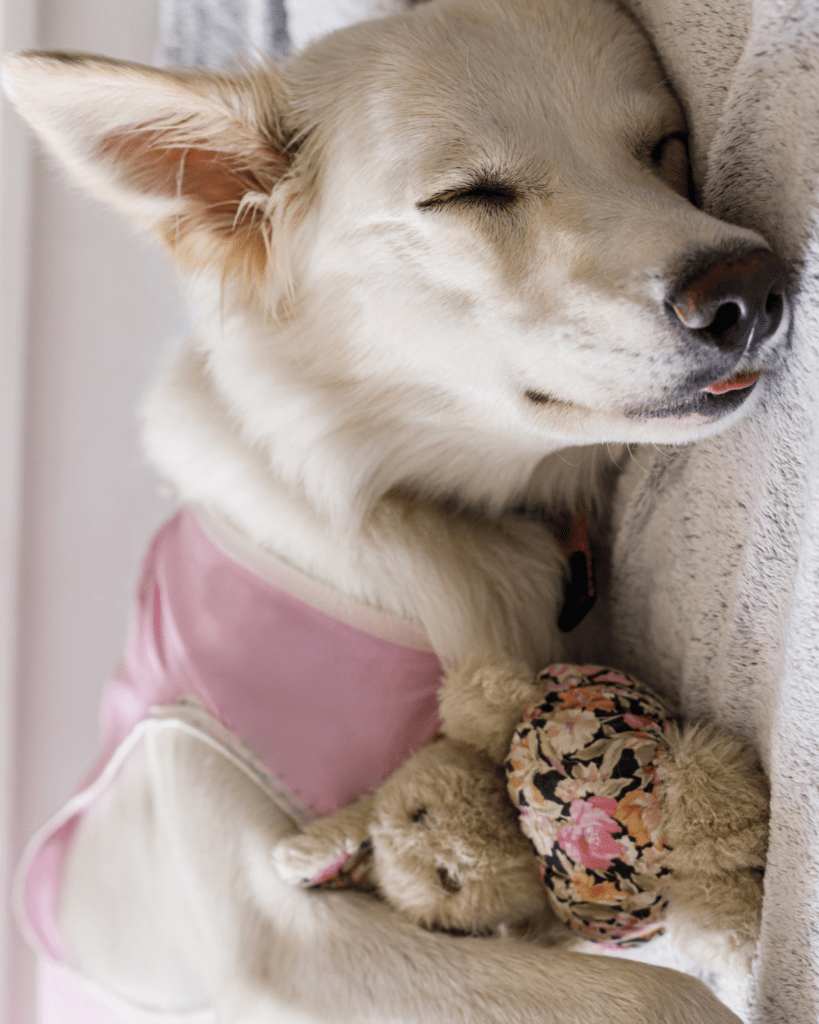
3 – Restrict Access To The Wound
Normally, I’m all for letting my dogs manage their own injuries, but incisions are totally different.
Restricting your dog’s ability to lick the incision site is important because excessive licking can lead to irritation, which can pave the way for infections and hot spots. Licking and chewing can also slow healing by re-opening wounds and pulling out stitches, increasing the risk of complications.
Therefore, it is essential to keep your dog from licking their incision site after surgery or injury to prevent infections and promote faster healing.
The easiest way to do this is with an inflatable doughnut collar, an Elizabethan collar (the cone of shame), or with a medical recovery suit (which is definitely the easy option in my opinion.

- Multi-purpose full body shirt, designed to cover and protect (post operative) wounds, spays/neuters,
- Very easy to put on and off. an easy hold-up system ensures carefree walks and easy potty breaks
- The 94% cotton and 6% invista lycra 4-way stretch fabric gives your dog plenty of freedom of movement
- The patented design is based on the body shape and anatomy of your dog, so it adapts perfectly to your dog

- Extreme comfort~still using the heavy cone that pets hate? our inflatable design and new technology
- Air pillow cone~as you can imagine, our dog head cone has been treated with special materials to obt
- Perrfect healing cone~the new inflatable dog cone developed by our team is designed to prevent pets
- Easy to clean materilas~compared with the common velvet inflatable dog cone, we have upgraded its ou
- Important tips~our cone may not be suitable for dogs with long noses and limbs, such as dobermann, g

- Great protector- this dog cones for pets can well protect your pets from injuries, rashes and post s
- 3 pcs for exact size- there are 3 similar & different sizes in each setexcept xl. no fear of getting
- Lightweight & comfortable- lightweight and extra soft fabric edges allow your dog to wear it comfort
- High-quality material- adjustable dog surgery collar is made of high-quality pvc material, durable a
- note: please allow 0.4-0.8 inch, differs due to manual measurement, we recommend one size up for co
4 – Suture Removal
Where the surgical incision is, there may be internal sutures and external sutures, and they may need to be removed under general anaesthetic. Sometimes this step doesn’t happen, as some vets prefer to use surgical glue. And sometimes, our vets use absorbable sutures, which will just dissolve over time, which is really the best option! This will be depending on the surgical site, and whether it’s a small incision or not.
5 – Limit Activity
After your dog is neutered, it is important to restrict their activity to ensure a safe and comfortable recovery. Too much activity may lead to the opening or inflammation of the surgery site, which can cause complications.
It is recommended to restrict your dog’s activity for 1-2 weeks post-surgery, including a gradual return to regular exercise after the 10-day mark. Vets will usually recommend leash walks during this recovery period.
Additionally, restricting activity decreases the forces that are placed on the spine during movement, allowing time for inflammation to subside, alleviating pain, and minimizing the risk of disease progression!
Vets most often encourage bed or crate rest, so you may find it useful if your puppy is already crate trained. Another option is using a playpen set up so that you can limit how much running and jumping happen. You can also use small rooms and select a quiet place to make sure that your puppy gets enough rest for the next 10-14 days after this major surgery.
But even after the 2 week bed rest the vet advises, please, please think about limiting our strenuous activity for a while, keep them on a short leash, and.
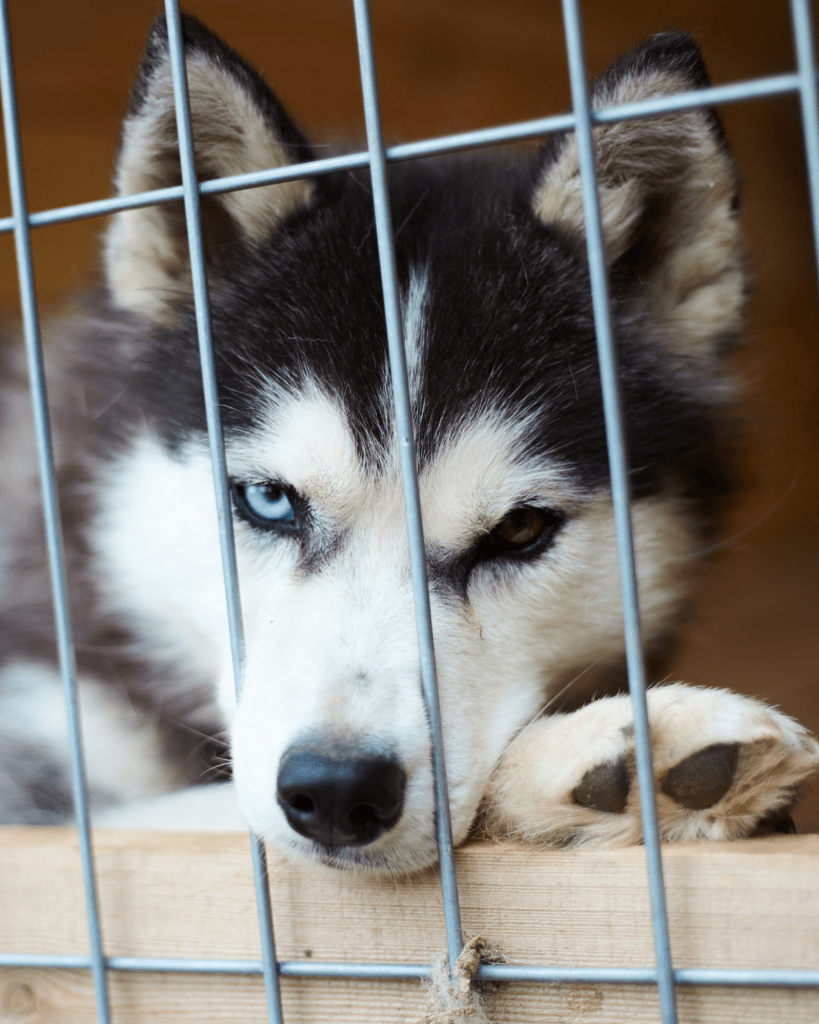
6 – Engage The Brain
Engaging your puppy’s brain after neutering surgery is important as it helps to keep them calm, entertained and mentally stimulated during their recovery period.
Mental stimulation is just as important as physical exercise, and keeping their brain occupied during recovery will not only stave off boredom and release any pent-up energy, but it will also increase your dog’s confidence, help keep their memory sharp, make them smarter and more trainable, and strengthen the bond between you and your puppy.
There are various ways to entertain your puppy after surgery such as puzzle toys, the muffin tin game, cup game, long-lasting chews, lick mats, snuffle mats, teaching them a new trick and taking them out in a pet stroller.
7 – Reward Self Regulation
When your puppy relaxes and does so of their own accord, then it’s really important to reward and praise them.
After surgery, it is important to keep your dog’s physical activity to a minimum so they can heal properly. One way to do this is to practice impulse control exercises such as rewarding your puppy’s self-regulation.
In fact, teaching your puppy self-control can make them more pleasant to live with and better behaved. A patient dog is less demanding and it is also beneficial for your dog’s mental health. They will feel more in control of their environment and less anxious in the future! Which is a huge win.

Contact Your Vet If…
There’s a number of reasons that would be concerning
- Lethargic (after medications wear off)
- Pale gums
- Vomiting
- Diarrhea
- Difficulty peeing
- Infection of the wound
- Bleeding from the incision site
- Labored breathing
All of these could denote signs of infection and your puppy may need to head back to the veterinary clinic. Do not be tempted to give human pain medications as our dogs are not always capable of digesting them and it could make them sick.
Does Neutering encourage weight gain?
A common noted side affect of neutering. However, it’s actually usually the fact that after surgery your puppy is finally taught how to relax that allows them to gain weight.
Note: Reintroduce Your Puppy Gently!
Reintroduction of your puppy post surgery is really important. It’s likely that your puppy will still be sore.
So, if you’re returning to the dog park, it’s really good to thing that we remember that going straight back to vigorous, rough and tumble play may just hurt! And quickly create negative associations with other dogs. Which can develop into some behavioral issues, so remember, try the first few sessions as calm and peaceful, and don’t rush them right back.
Post Operative Care Is Important!
Learning how to care for our dogs after their surgery is really, really important. So taking the time for them to recover shouldn’t be rushed – at all. Even if you feel like your dog is bouncing off the walls, don’t rush their recovery. You’ll see that your dog quickly goes back to being their usual self before you even realise it.
Keeping our dogs busy is definitely the way forward, so make sure to look into enrichment options.

Author, Ali Smith
Ali Smith is a professional, qualified, and multi-award winning trainer is the founder of rebarkable. She has always believed animals deserve kindness and champions force free methods. Believing that dog guardians will all choose the kindest options if proper information is provided, she aims to help all dog guardians who need it and make dog training as accessible as possible
Ali lives win Maryland, US with her husband and her three dogs.
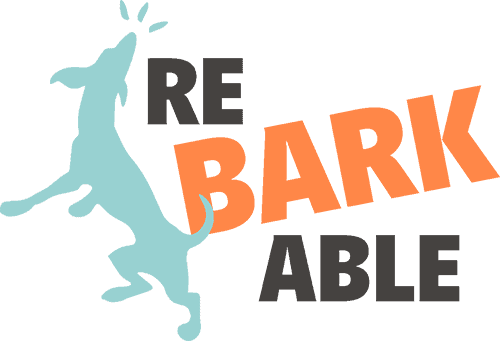

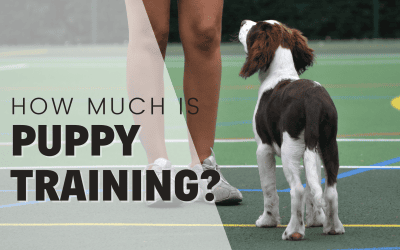

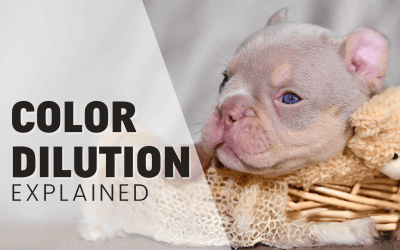
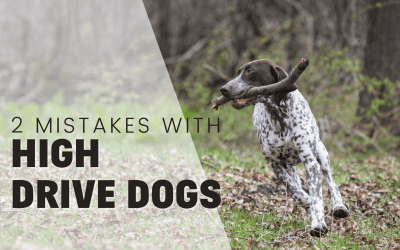
0 Comments